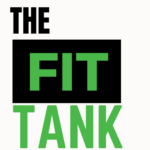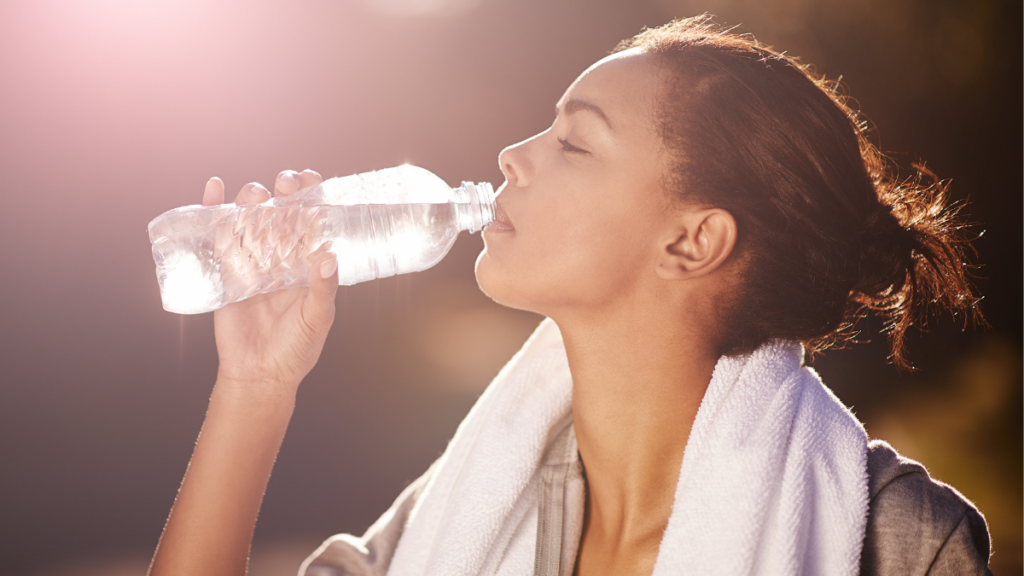Good to see you guys. Welcome back.
As we mentioned in the very first podcast, we will talk about pulling the curtain back. One of those things is water. We’re told, over and over and over, you’re either drinking too much water or you’re not drinking enough water. Usually, you’re not drinking enough water. It can help with brain function and weight loss and weight gain, washing your car, and a million other things. So pull the curtain back a little bit. Water. What’s the point? Your body is what? 70%+ water in, like every aspect of your body, it helps in your cells. Your bones are 30% water, which is 31%, I think is the actual number.
Water can help with so many functions in the body. Everything from sleep to mental awareness to alleviating joint pain, obviously taking out the trash, we’re talking about number one and number two.
Your numbers are on the average male is 60% Water. Because, generally speaking, women hold a little more body fat than men. They are typically at 55% on average. Furthermore, the whole fat content thing. Muscle mass, muscle, in general, has a higher water content than fat.
How much should you drink? Those numbers are all over the place. I’ve read anything from 60 ounces a day to 125. The old wives tale, eight ounces, eight times a day, eight by eight. So is it accurate? Is it wrong? I did my own homework, but tell us how you feel.
What I found was the best recommendation. I don’t want to say perfect because the human body is a complex machine. And we’re all different. But what I did read was a better calculation is one milliliter for every calorie that you consume. Now, to dive a little deeper, the FDA is 2000 calories per day, which actually equals just over eight cups. So the general guideline is eight cups, but for the person who doesn’t want to watch how many calories they’re eating every single day and equate that into milliliters. What would you suggest? Here’s what I do. I keep a water bottle on my desk. I drink it all day. I fill it. I think it’s one liter, so 1.05 quarts is one liter. And, I just fill it when it’s empty. I try to consciously drink it.
But how do others measure it? Are there signs? People say skin, you know if your skin is ashy or if it’s wrinkled? Headaches are a big one, joint pain, and muscle cramps.
But can you over drink? I remember when I did a 72-hour fast one time actually I think I was on hour 84 and I wasn’t getting enough electrolytes in and I was out in 100-degree heat playing basketball with my son like a moron. I felt like I was going to fall out. So in part of my research, I looked up water toxicity which stated, yeah, you can drink too much water. Well, what does that really mean? What I found was that water toxicity generally is rare, it’s restricted to high-performance athletes and soldiers. But on the back end of the fast, you will probably very much replicate what, I don’t know, an ultra-marathoner might go through, in depletion of electrolytes.
So water versus sodas versus other stuff. Why is that important? Probably the most obvious is calorie control. It is one of the easiest ways to start replacing calories in your diet with not only just supplementation but something that’s good for you. Even just helping the kidneys out. Physically allowing your kidneys to take a break. It’s more than just kidneys. It actually affects bowel movements, acting as a flushing mechanism, no doubt. Okay, well, let’s flush this episode, we’re running long. We may have to turn this into the snack cast sequel or something if we keep going past five. So we’ll endeavor to stick to five.
Email Snackcast@yes.fit with your ideas that you’d like to hear us talk about. We’ll see you tomorrow. Keep moving.


